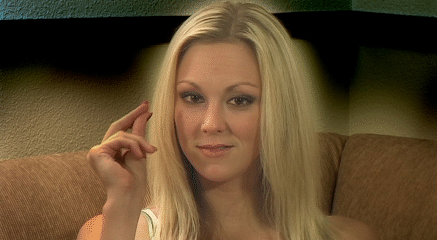Hypnotic suggestion: you must do better
QAA highly critical of St Mary’s University College’s oversight of unique course. Jack Grove reports
Serious weaknesses in the provision of the UK’s only undergraduate degree in hypnosis – including listing an undergraduate as an examiner – put academic standards at risk, according to a damning Quality Assurance Agency report.
The regulator launched an investigation in April into the BSc in clinical hypnosis, validated by St Mary’s University College Twickenham, after two students complained about a lack of contact hours and low academic standards on the course.
The part-time course is run by a private firm called Brief Strategic Therapy & Clinical Hypnosis (BST) Foundation and normally lasts three years, but can be completed in just two, depending on applicants’ prior experience as hypnotherapists.
According to the QAA, St Mary’s had “not exercised sufficient oversight” of the course, which “resulted in procedural irregularities, the use of inadequately qualified and trained staff in teaching, confused practice and the provision of inaccurate and incomplete information”.
“This has put the academic standards of the awards at risk and diminished the quality of…learning opportunities,” the report adds.
Confusion over staff recruitment led to one undergraduate enrolled on the course teaching on it: he was listed as an examiner, it says.
“I saw one student give a talk, but I didn’t realise he was marking my papers, too,” a student told Times Higher Education. “I feel betrayed and the whole hypnosis community will feel betrayed. I’m looking at litigation because I’ve wasted a year on a course that is now tainted.”
Inaccuracies found by THE in course materials included describing the BST Foundation’s director as “Dr Gavin Emerson” in an introductory handbook, despite his having no PhD or MD. The mistake was blamed by BST – which said it did not create the document – on a typing error.
The QAA report also found that the external examination process was “not fit for purpose” because links had developed between the externals and those providing the programme. There was also no independent moderator to check the course, while practical and oral assessments were not routinely recorded, which meant their quality could not be verified.
St Mary’s was also unable to show it had checked the delivery of promised teaching hours, the report adds, while students were not told how they could complain.
The inquiry also found evidence that reading lists were “not adequate to meet the demands of an honours degree course”, a “significant limitation…since there is so little face-to-face teaching”.
Students had complained that the course was limited to one teaching day every two Saturdays, with class sizes of about 30.
A 13-point action plan has been submitted by the QAA to St Mary’s, which was criticised by the watchdog in 2010 for its oversight of collaborative provision.
A spokesman for the college said the hypnosis degree had been “the first of its kind in the UK…In retrospect, various issues emerged, including in relation to the validation process, which St Mary’s could have dealt with more effectively.”


